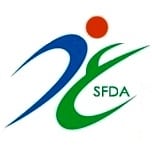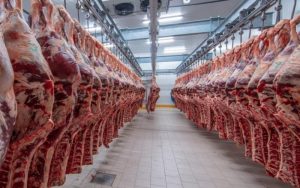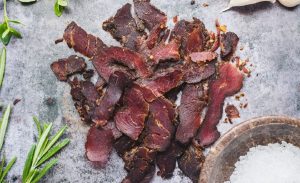The Saudi government had requested Bangladesh to provide vaccines and conduct blood test on animals and establish disease-free zones for cattle rearing in order to export Halal meat to the Kingdom, according to the Department of Livestock Services (DLS).
One of the conditions says, the Islamic Foundation of Bangladesh will have to assign Imams in slaughter houses to see that cattle are slaughtered according to Islamic rituals.
The Saudi Food and Drug Authority (SFDA) set the conditions for importing Halal meat from Bangladesh.

Earlier the Saudi government agreed to import both raw and processed Halal meat from Bangladesh to meet its increasingly growing demand, according to the ministry of fisheries and livestock (MoFL).
The size of global trade of Halal meat is now around US$ 1.2 trillion annually. Bangladesh exports only five to ten tonnes of such meat daily.
But the country could have a significant share of global Halal meat export if it could fulfill conditions after having the necessary infrastructure.the country could have a significant share of global Halal meat export if it could fulfill conditions after having the necessary infrastructure.
The export of Halal meat from Bangladesh is worth about US$ 50,000 daily.
The Bengal Meat Company is the leading exporter of Halal meat to different countries, especially in the Middle East.
Production capacity of the company is 22 tons of meat per eight-hour shift. It has its own veterinarians present at the processing factory to carry out ante mortem and post mortem on cattle and goat, hence ensuring a consistent and high quality of meat.
The meat traders have suggested the government to facilitate export by providing policy supports.
Bangladesh is having one of the world’s biggest livestock populations with goat and cows, according to the Food and Agricultural Organisation (FAO). Following good prospects, the government now offers a 20 per cent export subsidy.
About 12 million cattle are being slaughtered in the country annually. Of the figure, about seven million are cows, according to the Bangladesh Raw Hide Merchants’ Association and the Tanners’ Association of Bangladesh.
“We have started the process to fulfill the Saudi conditions. We are working to set up two disease-free zones at Sirajganj and Bhola,” Director General of DLS Md Ainul Huque told the FE.
The DLS will need one more year to fulfill the Saudi conditions, he said.
He said that the DLS would facilitate the private sector in boosting Halal meat export.



